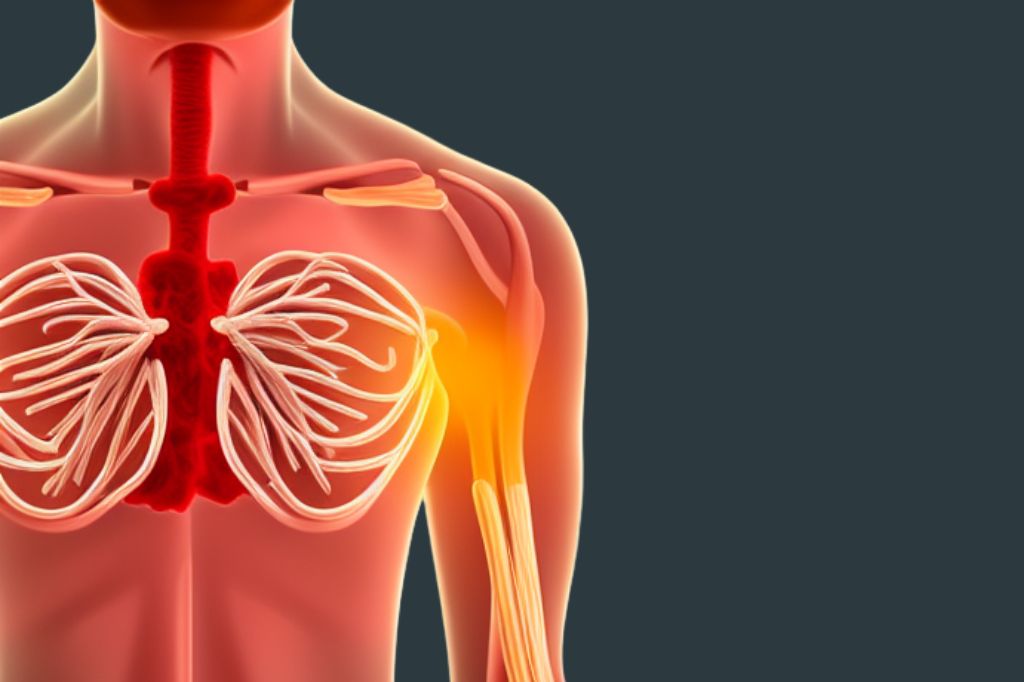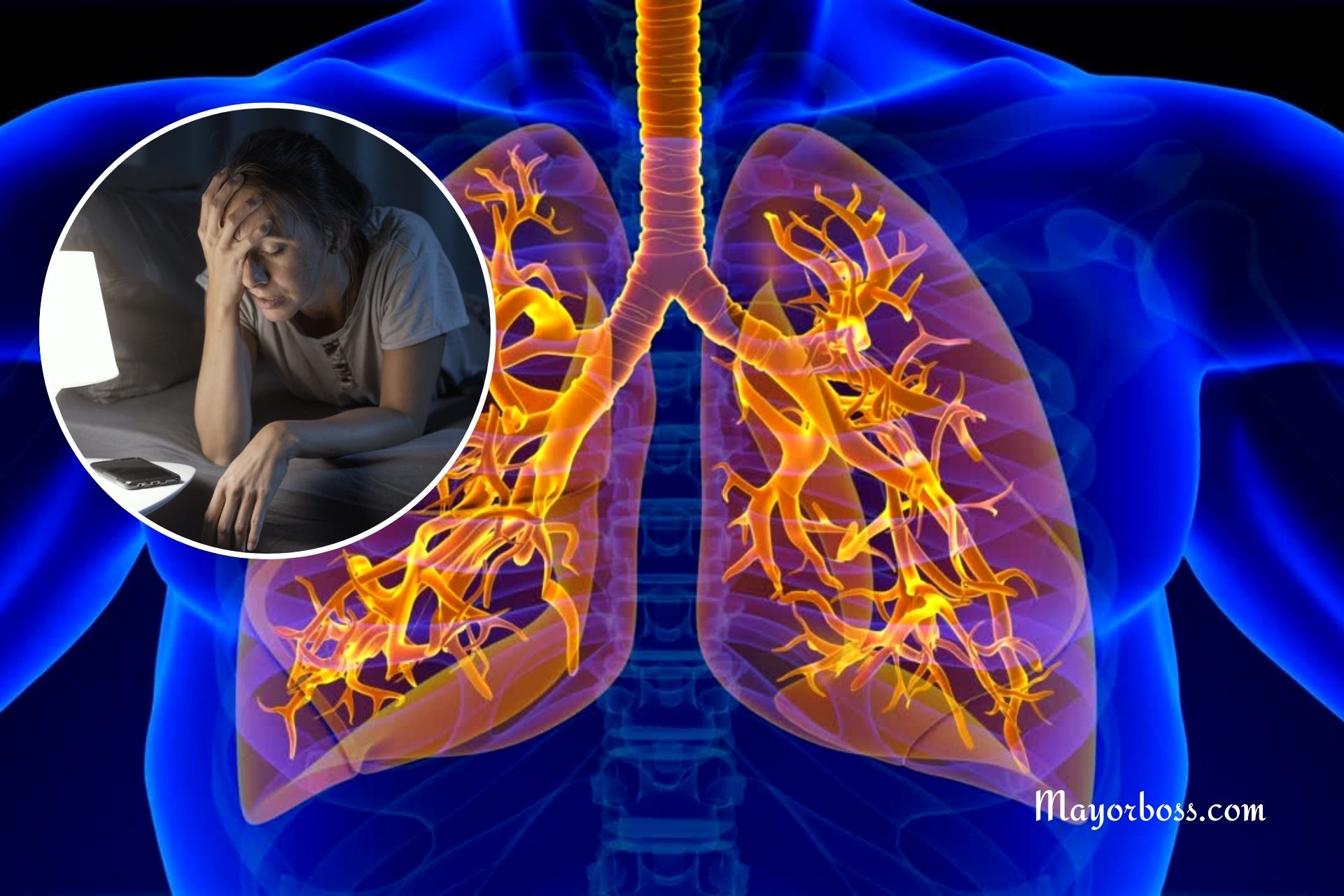6 Signs You Have a Weakened Immune System
Your immune system is like a shield that protects your body from germs and infections. It’s made up of different cells, tissues, and organs that all work together to keep you healthy. When it’s working well, it keeps you from getting sick. But sometimes, your immune system can get weak, and your body has a harder time fighting off illnesses. Here are six signs that your immune system might need some extra help.

1. You Keep Getting Colds
Most people get two to three colds a year, and that’s normal. But if you find yourself always sniffling or getting a sore throat more often than that, it might mean your immune system isn’t as strong as it should be.
When your immune system is weak, your body takes longer to get better from infections, and you might catch colds over and over. If you have a cold that won’t go away or keeps coming back, it could be a sign that your immune system needs some help.
2. You Get Infections Often
Getting infections a lot is another sign of a weak immune system. This could mean getting sinus infections, ear infections, or strep throat often. You might also get more skin infections or urinary tract infections than other people.
A healthy immune system should be able to fight off bacteria and viruses effectively. If you’re getting these infections a lot, it might mean your immune system isn’t doing its job as well as it should.
3. Wounds Take a Long Time to Heal
Have you noticed that even small cuts or scrapes take a long time to heal? Your immune system helps your body repair damaged skin and tissues. When you’re healthy, cuts and bruises heal quickly. But if your immune system is weak, it takes longer for your body to heal even small injuries.
If your immune system isn’t working well, the healing process is slower and less efficient. This can leave you more likely to get an infection in the wound.
4. You Feel Tired All the Time
Feeling tired all the time is one of the biggest signs of a weak immune system. If you’re feeling really tired—even after a good night’s sleep—it might mean your body is trying to tell you something.
Your immune system uses a lot of energy to keep you healthy. If it’s working too hard, it can make you feel worn out. This kind of tiredness is different from just being sleepy. It’s more like feeling totally exhausted, and it doesn’t go away, no matter what you do.
5. Digestive Problems
Did you know that a big part of your immune system is in your gut? The good bacteria in your gut help protect you from infections. So if you have digestive problems a lot, like diarrhea, bloating, or stomach pain, it might mean your immune system is weak.
When your immune system is weak, the bacteria in your gut can get out of balance, which causes stomach problems. If you have ongoing stomach issues that aren’t related to something you ate, it could be a sign that your immune system needs help.
6. You’re Always Stressed
Stress isn’t just bad for your mind—it’s also bad for your immune system. If you are stressed for a long time, your body makes stress hormones like cortisol. Too much cortisol can make your immune system weaker.
If you feel like you’re always stressed or overwhelmed, it can make you more likely to get sick. High stress can lower your immune defenses and make it harder for your body to fight off illness.
How to Boost Your Immune System
If you have some of these signs, don’t worry—there are things you can do to help your immune system get stronger. Here are some easy steps you can take:
- Eat a Balanced Diet: Eat lots of fresh fruits and vegetables, lean proteins, and whole grains. These foods give your body the nutrients it needs. Foods like citrus fruits, garlic, ginger, and yogurt are especially good for boosting your immune system.
- Exercise Regularly: Doing moderate exercise, like walking or biking, can help keep your immune system healthy. Exercise helps your blood flow better, which helps immune cells move around your body more effectively.
- Get Enough Sleep: Try to get 7-8 hours of good sleep every night. Sleep is important for your immune system to repair itself and stay strong.
- Manage Stress: Try activities like yoga, meditation, or spending time with friends and family to lower your stress. Less stress means a stronger immune system.
- Stay Hydrated: Drink lots of water to help your body get rid of toxins. Staying hydrated helps your immune cells work properly.
- Take Supplements if Needed: Vitamins like vitamin C, vitamin D, and zinc can help your immune system. But always talk to a doctor before taking new supplements.
When to See a Doctor
If you’re having these signs often, it’s a good idea to see a doctor. They can check your symptoms and might run tests to see if there’s an underlying problem with your immune system. Sometimes, issues like autoimmune disorders or vitamin deficiencies are the reason for a weak immune system, and getting the right treatment can help.
Takeaway
Your immune system is your body’s defense against getting sick, so it’s important to keep it strong. If you keep getting sick, feel tired all the time, or notice other signs we talked about, think about ways to boost your immune system. The better news is that with some simple lifestyle changes, you can help your body’s natural defenses and feel better overall.
Take care of yourself—your immune system will be stronger for it.






